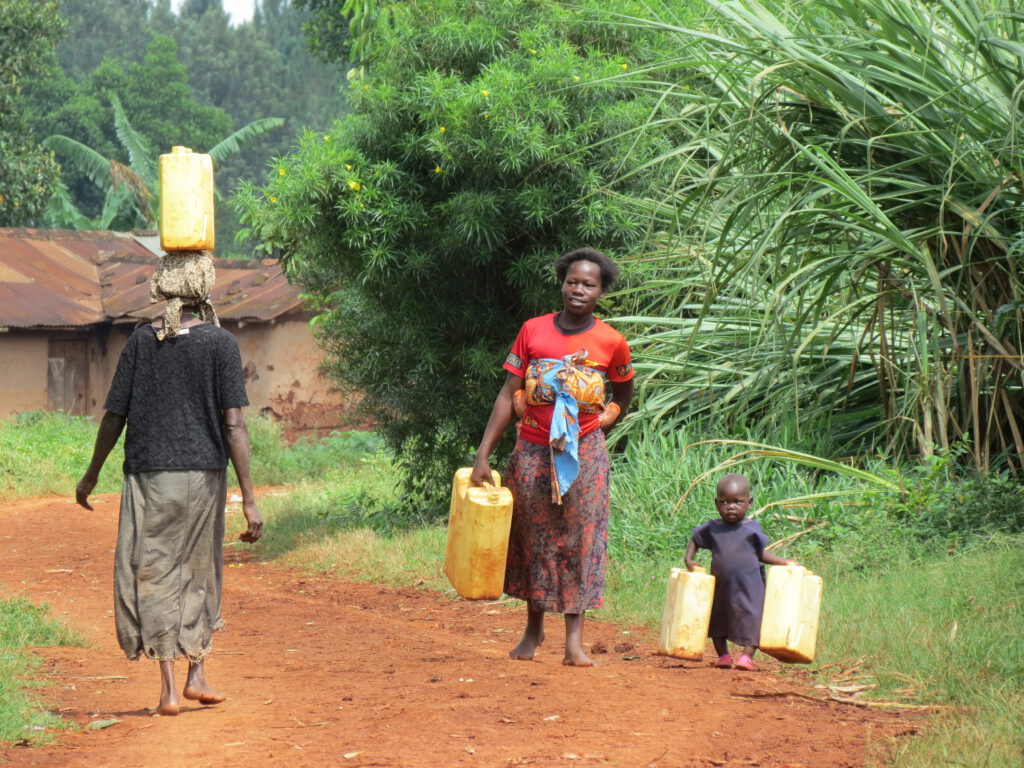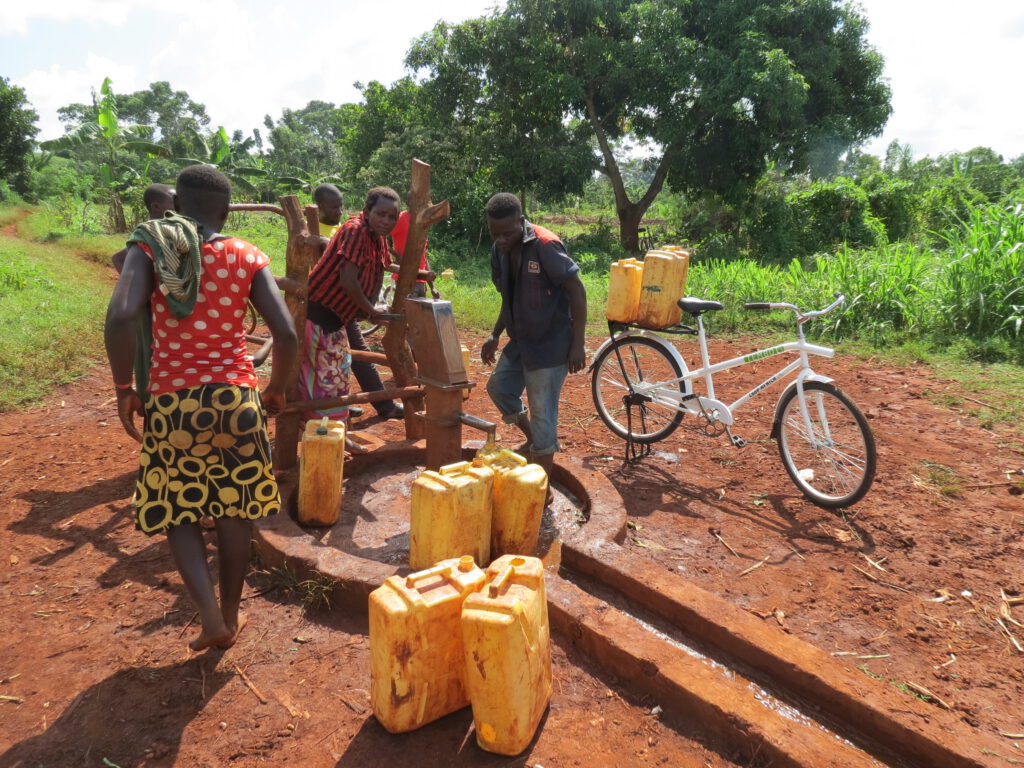Uganda reports that 69% of the rural population uses an improved drinking water source. But the distance to this improved drinking water source is still averagely 1 km away with an average waiting time of half an hour. So getting water for a household is a time-consuming activity.

A farmer in Buyala reports: “I use two hours to and from the nearest water source”.
A households consumes about 60-80 liters of water (in the Netherlands a households consumes 500 liters of drinking water from a tap, in the United States about 210 gallons – 795 liter). So in total, a family in Uganda needs 4-6 jerry cans of water per day. Two or more people (usually girls) are therefore involved in this daily process of getting water. With a bicycle people are faster and can carry more. A bicycles saves 1.5 hours a day only on fetching water. A bike makes the difference!

Cycling out of Poverty supports students, health workers, farmers and small entrepreneurs with bicycles. In addition to the primary goal of creating better access to education, health care, work and income, the bicycle also ensures that the necessary household tasks can be done faster, easier and sometimes even cheaper. The bicycle therefore contributes to better access to clean drinking water (SDG6).

No Comments to "SDG 6: better access to clean drinking water with a bicycle"